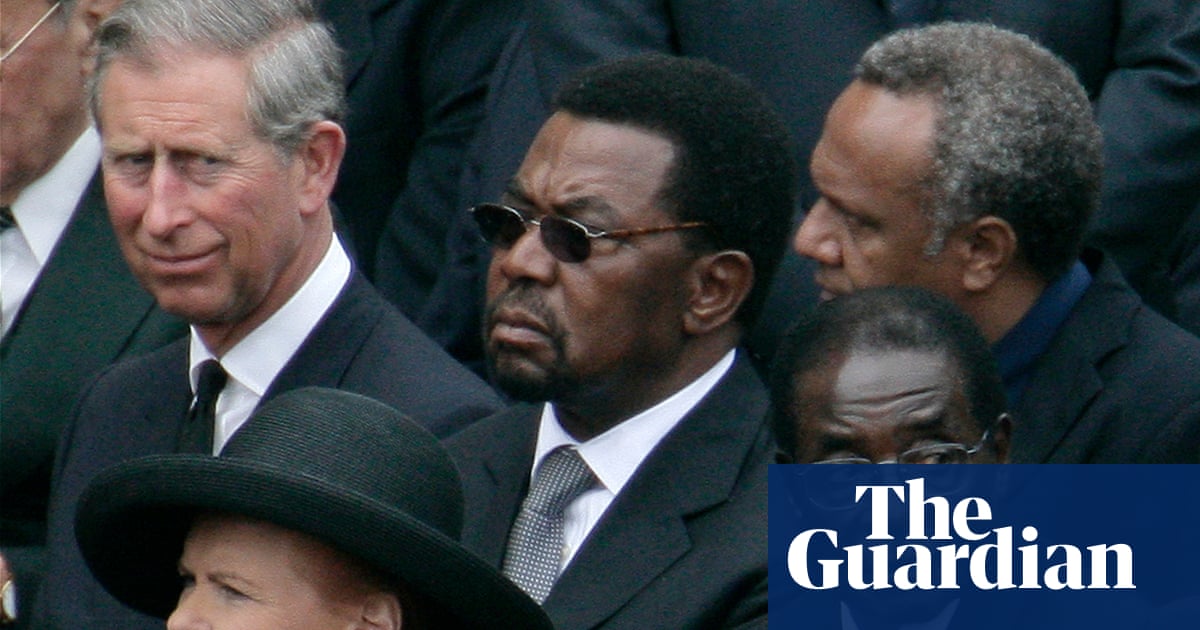As world leaders head to Rome for the funeral ofPope Francison Saturday, fraught Vatican officials will be poring over logistics in an effort to avoid diplomatic awkwardness.
Should Donald Trump be kept away from the Ukrainian president, Volodymyr Zelenskyy? Or the French president, Emmanuel Macron, or Brazil’s leftist leader, Luiz Inácio Lula da Silva, or any Iranians that might appear? There may be relief that Vladimir Putin has said he will not attend, but will everyone expect front row seats?
The pope’s funeral provides an unexpected opportunity for impromptu international diplomacy and uncomfortable encounters. The 10am start means most heads of state and political leaders will arrive in Rome on Friday evening, with a brief window for meetings if desired.
“There will be some potentially really interesting dynamics at the funeral,” said Francis Campbell, who was the UK’s ambassador to the Holy See between 2005 and 2011.
The last comparable occasion, the funeral of Pope John Paul II in April 2005, was the “diplomatic event of the year”,according to the Center on Public Diplomacyat the University of Southern California. It “brought numerous world leaders together, including many that would not normally appear in the same country, let alone the same room”.
The funeral came amid the intensity of the Iraq war – which John Paul II had opposed. When a closeup image of President George Bush’s face appeared on large outdoor television monitors,jeering erupted from the crowd.
Bush found himself sitting close to the leaders of Iran, Syria and Cuba. He and his ally Tony Blair gave them the cold shoulder.
In contrast, Prince Charles committed a diplomatic faux pas byshaking the hand of Zimbabwe’s pariah president Robert Mugabe, who had side-stepped an EU travel ban to attend the service. Charles was apparently caught by surprise when Mugabe leaned over to greet him. A statement later noted “the prince finds the current Zimbabwean regime abhorrent”.
Another handshake, between the presidents of arch-enemies Israel and Iran, was seen as a potentially historic moment – until Mohammad Khatami of Iran laterdenied the handshake ever happened.
Meanwhile, China boycotted the funeral because of the attendance of the Taiwanese president. The Vatican is one of only a handful of nations to have diplomatic relations with Taiwan – though itspresident will not be in Romeon Saturday.
The Holy See has envoys in most countries of the world. Known asnuncios, they have a diplomatic and a religious role.
“They know things that a normal ambassador doesn’t,” said Campbell. “People tend to trust priests more than diplomats, so thenuncioshave access to huge amounts of information – especially outside capitals or in countries where there is conflict.”
The Holy See has on occasion intervened behind the scenes to try to resolve a crisis, said Campbell. “But it doesn’t advertise that,” he added.
In 2007, Pope Benedict helped secure therelease of 15 British sailors captured by Iran. “He asked for their release at Easter as a goodwill gesture,” said Campbell. The intervention only became publicly known when aconfidential briefing was leakedthree years later.
More recently, the Vatican has been involved inefforts to end the war in Ukraineand hasadvocated for peace in GazaandSouth Sudan. Earlier this year,the Vatican brokered a deal with Cubathat led to the release of hundreds of people jailed for taking part in anti-government protests.
Pope Francis also reached out to the Muslim world, signing ahistoric declaration of fraternitywith the grand imam of al-Azhar in the first ever papal visit to the Arabian peninsula, in 2019.
“Some western countries have assumed that, because religion didn’t matter in their country to the same extent that it once did, therefore it didn’t matter to the rest of the world,” said Campbell.
“But the Roman Catholic church has a massive global spread. It has diplomatic relations with nearly every country, and almost 20% of the world’s population identifies as Catholic.
“The church’s diplomacy is deep and it is wide, but often it is invisible to the naked eye. The Holy See has a unique convening power that will play out on Saturday.”
